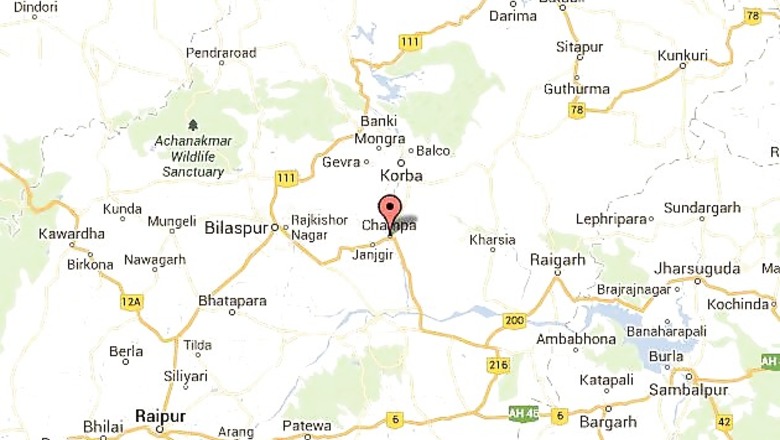
views
Rise in imports of silk yarn from China, the result of an insufficient supply of quality silkworms, is fast becoming a cause of concern for weavers and traders in Chhattisgarh's Champa, renowned for the 'Kosa' brand of high-quality silk.
Those associated with the industry in Champa say they have no option but to import raw silk yarn from China which is pushing up prices and affecting the business as silkworms are now far from being adequately available.
"The price of silk fabric is going up year by year due to an increase in the cost of imported yarn from China. "The industry is getting affected by this," said Suresh Dewangan, a Kosa silk dealer. "The government must help us. They should either give some relaxation or provide sufficient quantity of silkworm cocoons to help us produce silk," Dewangan said.
The Kosa silk industry in Champa provides sustenance for at least 10,000 families in the area. The industry, which has shaped up on the small-scale model in Champa, engaging self-help groups and private firms, is also facing a shortage of labour for rearing of silkworms and extracting silk yarn. And, weavers charge at least Rs 2,000 for weaving a 30-metre length of silk cloth from yarn.
According to Central Silk Board data, Indian raw silk imports from China in the three months between April and June, 2013, had touched 859 tonnes and amounted to Rs 221.27 crore. In 2012-13, the total quantity of raw silk imported from China stood at 1,040 tonnes and was worth Rs 250.2 crore.
When contacted, the state government's industry department sources said they had taken several measure to support those involved in the production of silk. "We are providing every support to those involved in silk production.
"The government has also decided a minimum support price for procurement of cocoons, which yield silk yarn," Champa District Sericulture Officer, SK Patel said. The minimum support price varies from Rs 800 to Rs 1,400 depending on the quality of cocoons. A metre of Kosa silk costs at least Rs 600, although the price may go up by about five to six times depending on the quality of the fabric, Patel said.
Confronted with crises, Kosa silk merchants and weavers are asking the government to recognise the source of their livelihood as an industry and provide all possible support for its sustainability. "Government will do all to help the industry and provide every possible assistance," said another senior state government officer.




















Comments
0 comment